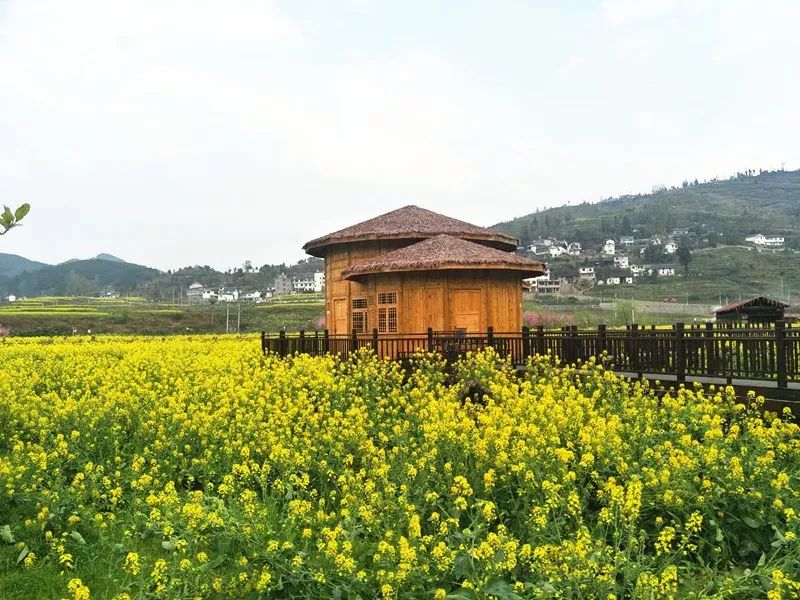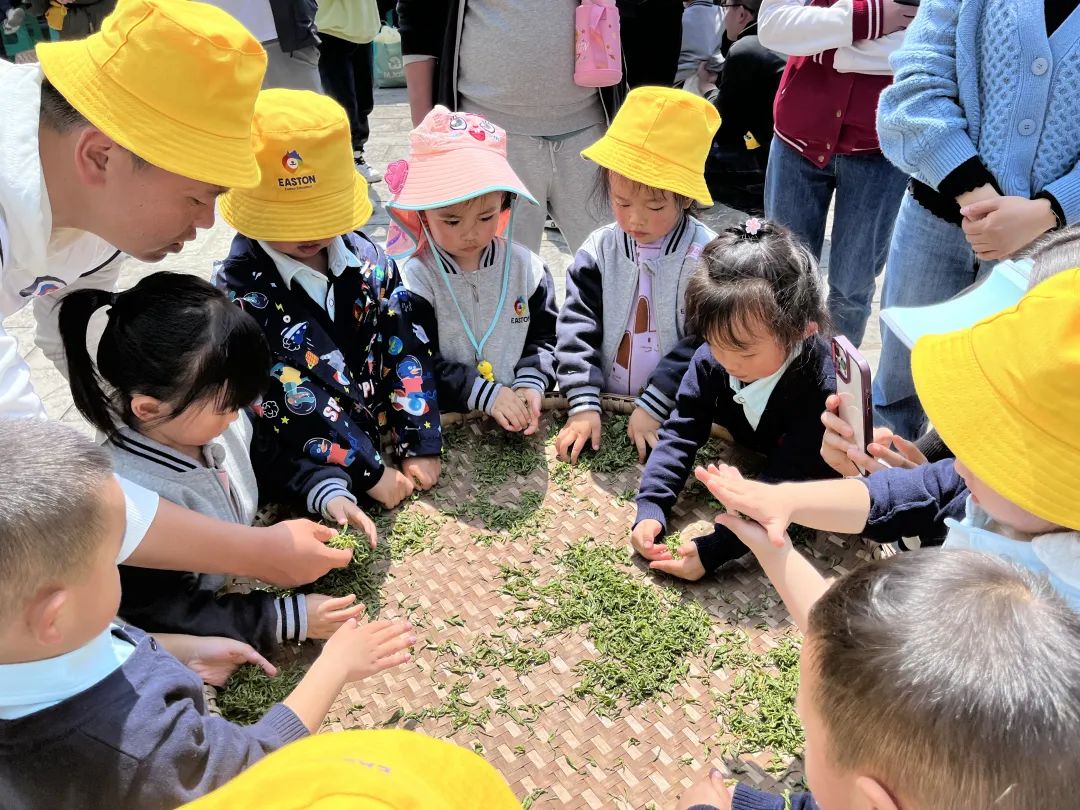Culture adds vitality to rural tourism in Kaiyang
In recent years, Kaiyang county in Guiyang, capital of Southwest China's Guizhou province, has been working to integrate intangible cultural heritage resources into rural tourism development.

A mill in the Shuidong Cultural Experience Park. [Photo/WeChat account of Kaiyang county]
In the Shuidong Cultural Experience Park, all 13 workshops, including tea shops, oil mills, noodle mills, wine shops, cotton workshops, tofu workshops, batik workshops, and paper-cutting workshops, allow visitors to watch and participate in the process of making items in different workshops.
Visitors can enjoy the sight of beautiful yellow crop fields during the harvest season. Additionally, they have the opportunity to attend rice milling workshops, where they can gain a greater understanding of the rice-making process. This experience serves as a reminder to appreciate the value of rice.
Local Bouyei ethnic village has also prepared welcoming ceremonies, characteristic food, and ethnic culture for visitors, providing them with unique rural experience.

Children experience making tea on a study tour. [Photo/WeChat account of Kaiyang county]
Benefiting from the county's long history of planting tea, local tea gardens and enterprises have launched tea-related study tours, offering students a chance to learn about the process of traditional tea-making techniques and related culture.
Moreover, local night markets and people-gathering streets provide places for local intangible cultural heritage to showcase and popularize themselves, such as paper cutting and pyrographs. At the same time, those cultures can spread more widely thanks to the internet. And thriving tourism makes local traditional food become tourism goods.
Presented by China Daily.
黔ICP备05001922号-3
